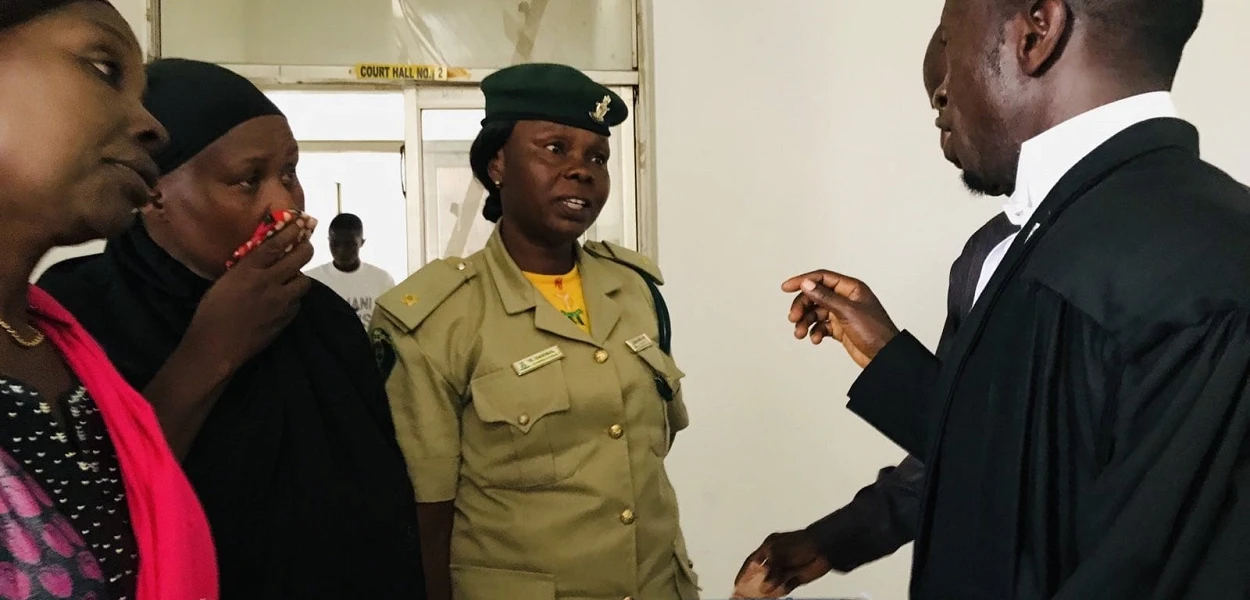
Nigerian blasphemy victim to learn fate on November 27
Rhoda Jatau, the Christian healthcare worker presently standing trial for blasphemy at the High Court in Bauchi State, northern Nigeria, will finally know her fate at the end of November – close to one year after her trial began.

The court has set November 27 as the date for ruling on a “no-case submission” request by defense attorneys who hope to have all the charges brought against her by the Bauchi authorities dismissed.
If the charges are not dropped, Jatau’s defence team will have their work cut out to convince the court that she is not guilty of blasphemy against Islam – a capital offense in northern Nigeria.
Family present in court
Jatau’s defence team submitted their request at a hearing on October 16 attended by members of the press and human rights observers. Also present was Jatau’s husband, Ya’u Adamu, who has been raising their children alone since his wife’s arrest.
“It was a moving sight as the couple set eyes on each other again after many months,” said human rights defender Solomon Mwantiri, who reported from the court for Christian Solidarity International (CSI). CSI has been campaigning for Jatau’s acquittal and release from jail since her arrest.
Jatau has been in custody since her arrest on May 20, 2022. The mother of five was accused of blasphemy in connection with a video she allegedly shared with colleagues condemning the lynching of a Christian college student, Deborah Yakubu, in Sokoto State a week earlier.
Following her arrest, Jatau’s family went into hiding for their own safety.
Delays in the legal process
Under the shari’a laws of northern Nigeria blasphemy is a capital offense carrying the death penalty on conviction. Nigerian Christians have been the primary targets of such laws since 1999 when 12 northern states – including Bauchi – introduced Islamic law into their criminal code.
The trial has been marked by adjournments and postponements, which human rights activists construe as delaying tactics aimed at denying Jatau justice and keeping her in custody. They maintain that the prosecution does not have a case that could stand up to scrutiny in court.
The same wave of adjournments and postponements was seen in the case of the arraignment of Luka Binniyat, a Christian journalist from Southern Kaduna who was accused of cyberstalking in 2022. Binniyat was eventually released from jail as his case gained international media attention.
Franklyne Ogbunwezeh




